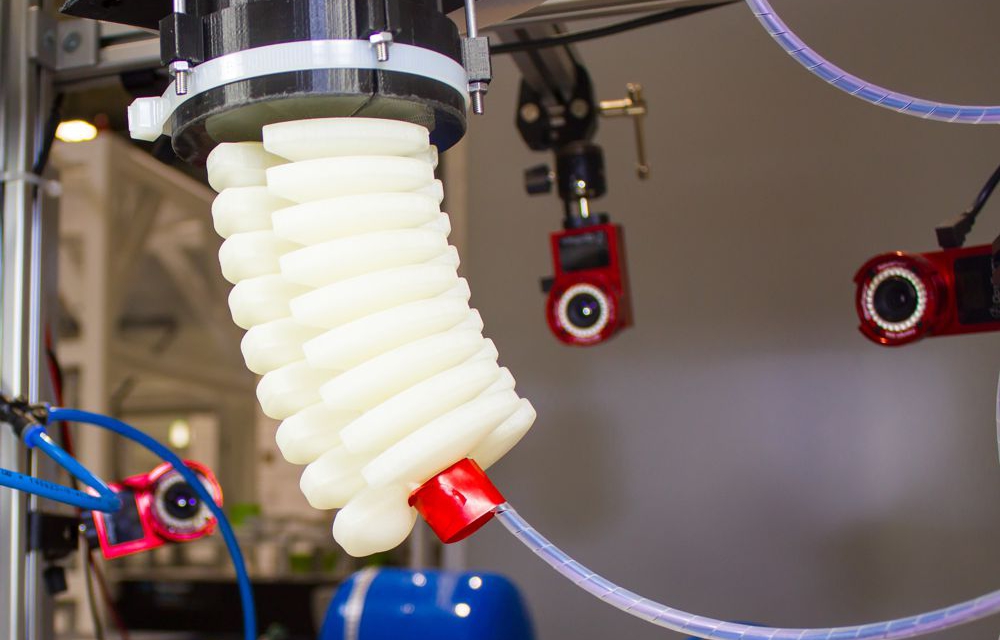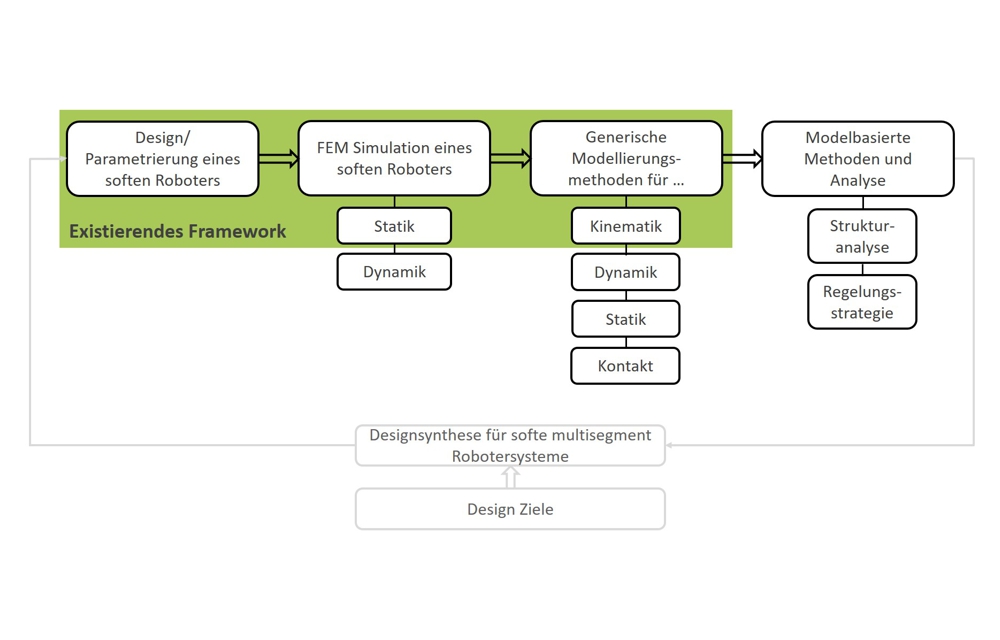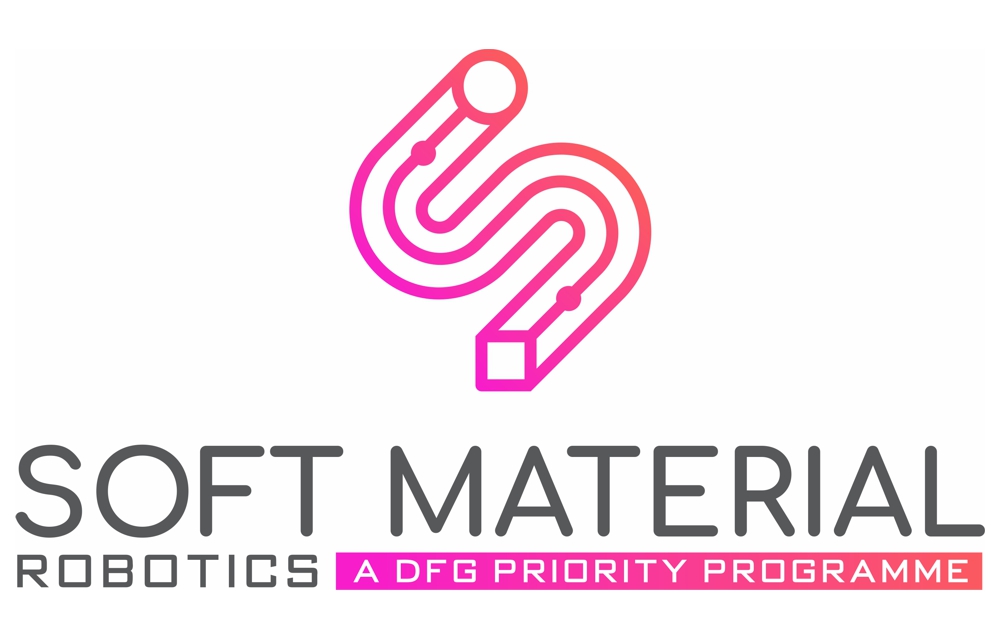Soft material robots offer high flexibility. They are adaptable to their environment without the risk of damage to the robots themselves, the surroundings or the objects to be handled. Soft robots are therefore beneficial in human-machine collaboration and gripping technology, but also in the medical engineering sector.
Nonetheless, increased flexibility goes along with new challenges. They are addressed by twelve research groups from all over Germany within the scope of the DFG Priority Programme “Soft Material Robotic Systems” (SPP2100). Each project has different priorities ranging from the design of soft actuator systems to the modelling of soft components to the control and sensors for soft robotic systems.
As the project coordinator, match ensures close cooperation between the single groups and organises, for example, summer schools.


